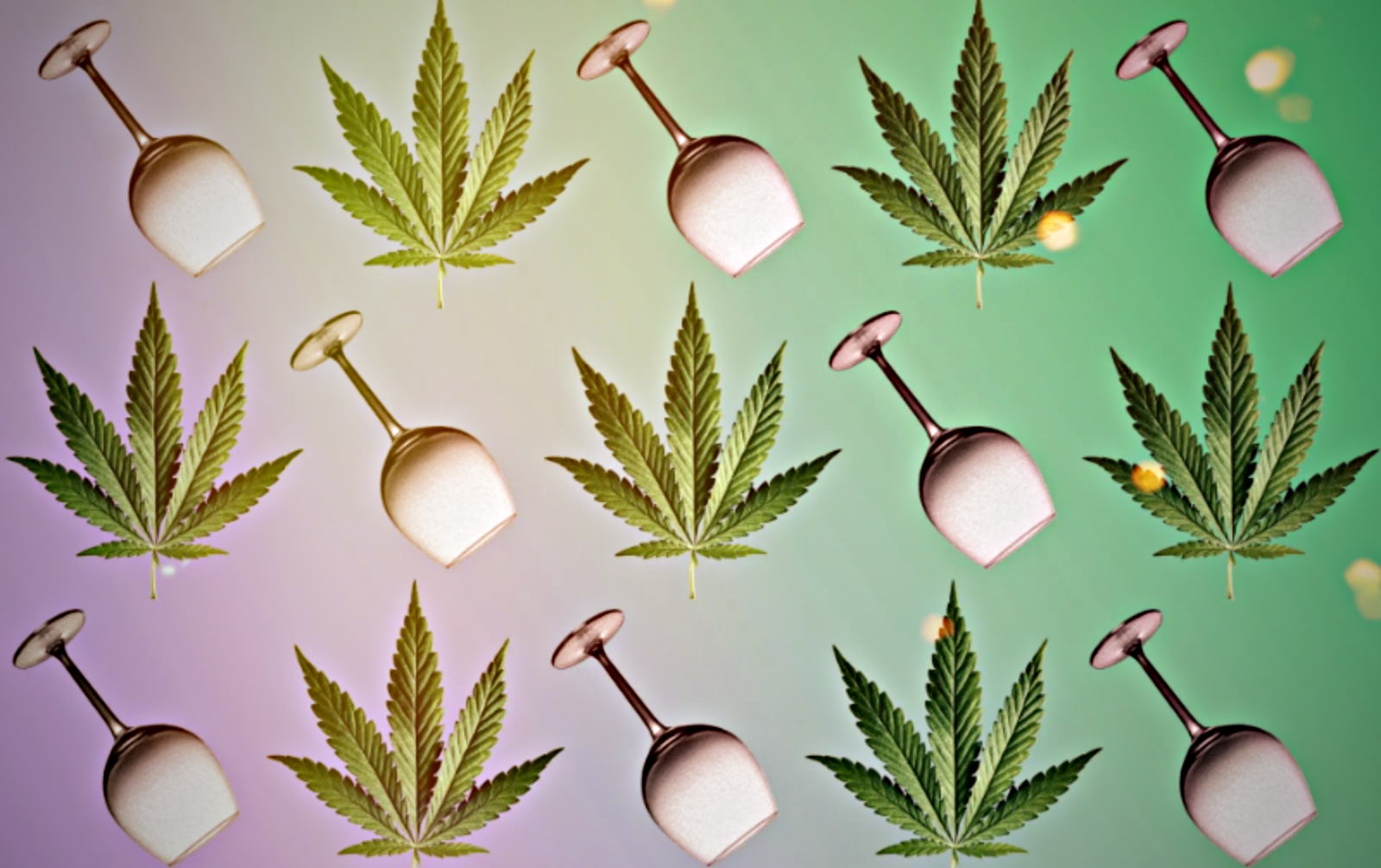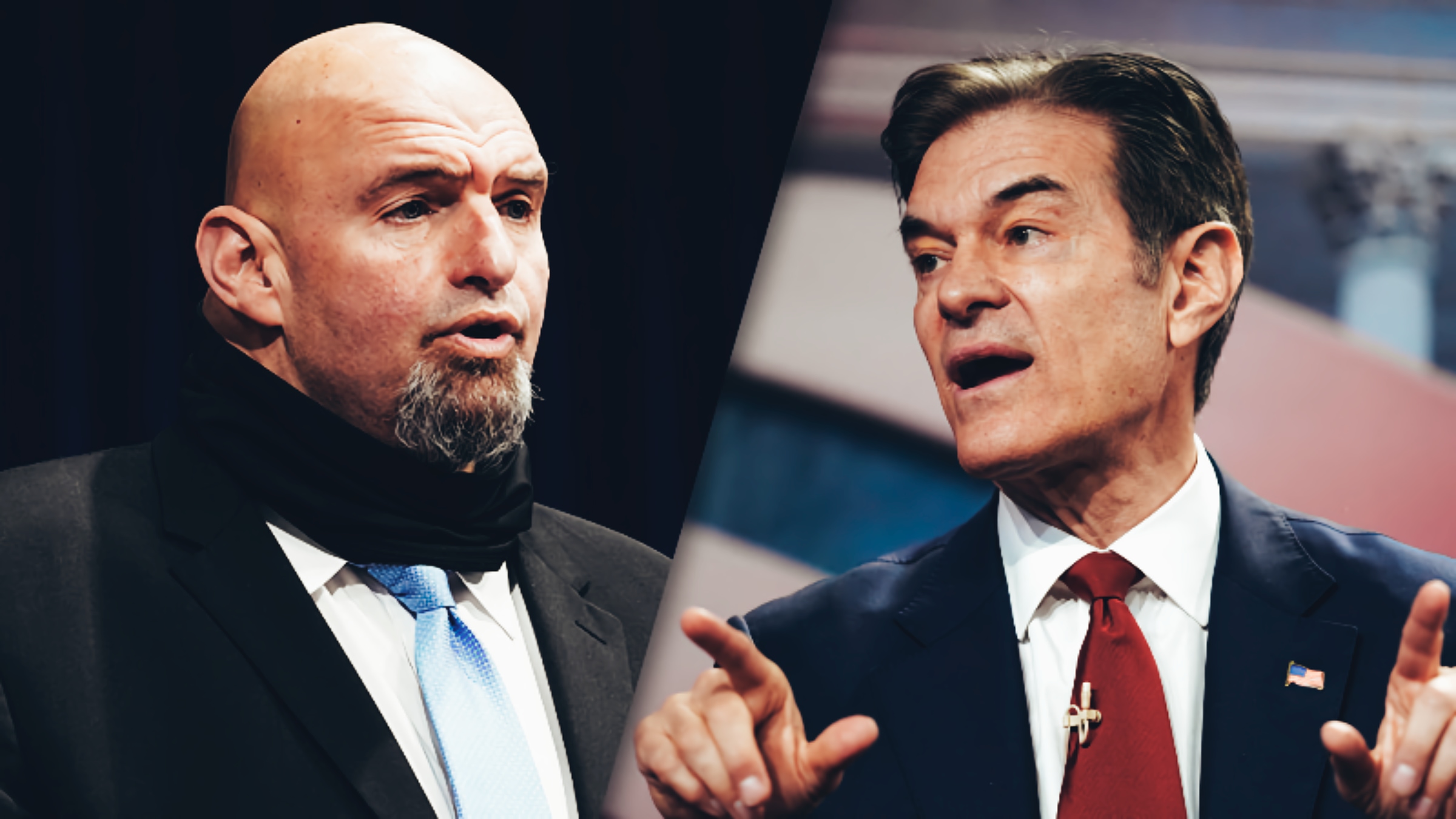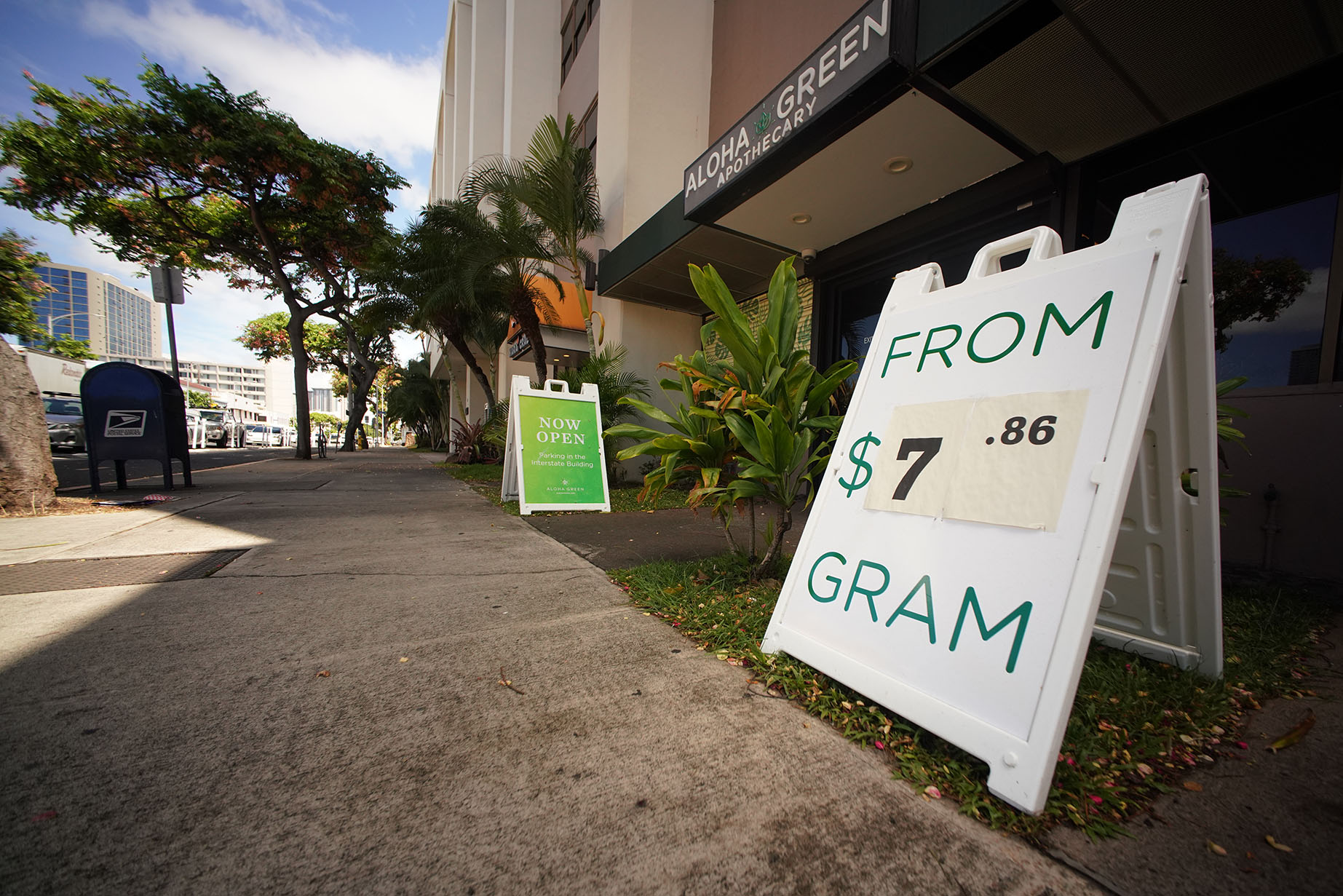The most recent CBD loophole that has popped up has quickly gained a pretty big audience.
Unlike marijuana, hemp is legal in all 50 states after the 2018 farm bill was signed into law. CBD is a cannabinoid derived from the hemp plant, meaning it’s completely legal. However, there’s a cutoff, which is anything above 0.3% THC. Apparently this is when you’d start to feel the high. So Delta-9 is off the table.
And beyond this, there isn’t much more regulation. Which gave an abundance of room for people to find loopholes. They did exactly this by creating Delta-8 THC and Delta-10 THC. Delta-8, in particular, is strong enough to give off a high. A relatively small high, but still a high. And for states where marijuana is still illegal, using legal extracts from CBD is the perfect loophole.
This even includes Texas, where you can readily by Delta-8 CBD at a storefront.
The only problem here is that it’s clearly a corner of hemp that was not thought of from the beginning, and retroactive bannings of the extract are sweeping across the country, even in places like Colorado.
The federal government claims that this does not count in the 2018 Farm Bill, because it isn’t derived from Hemp, but from CBD (even though CBD is itself derived from hemp. It’s confusing). It has to be extracted, therefore man-made, therefore in a different category.
So yes, right now we’re in a little bubble of availability, but delta-8 will soon be banned across the country. The only question at this point is what kind of ripple effect could this cause throughout the CBD industry. There is concern that this could incite a crackdown on other CBD isomers, like CBN, which is a product derived from degraded THC.
“My big concern for this whole thing is that they start lumping all converted cannabinoids with delta-8, and delta-8 drags the whole industry down with it. That’s when you’re going to see real issues arise … because they’re going to realize that there is no real good way to effectively ban all psychoactive cannabinoids from the hemp plant,” says Kyle Ray, chief operating officer of Colorado Chromatography in Broomfield, Colorado.
Who knows. But for now, enjoy your completely legal high, Texans!







